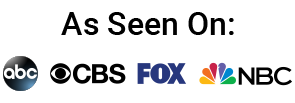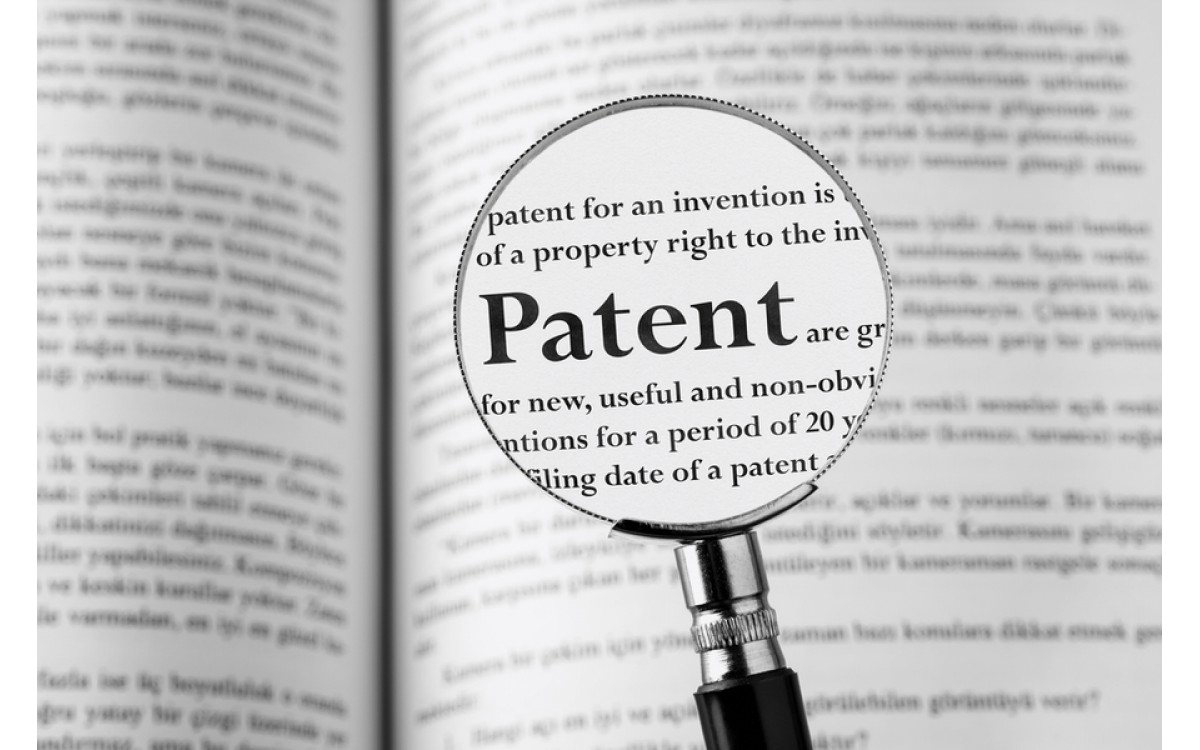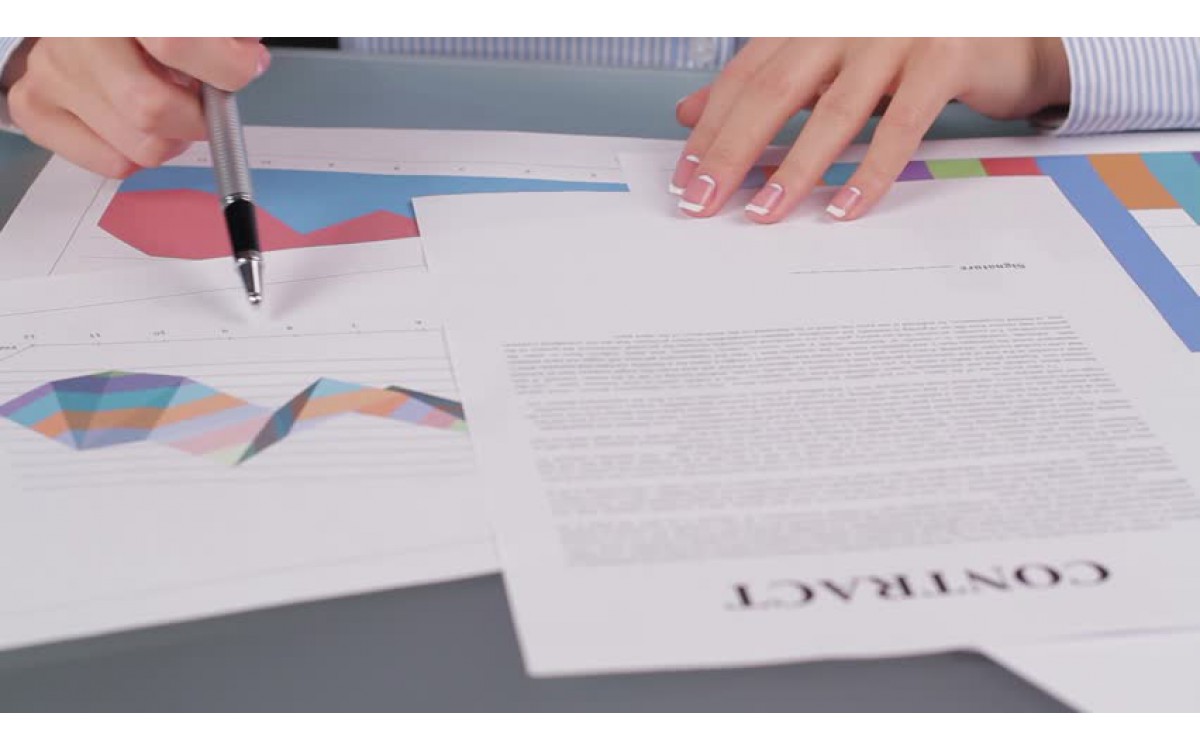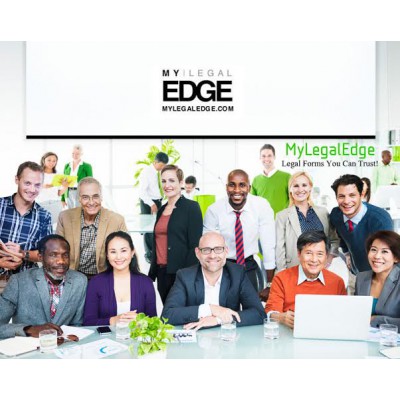The granting and protecting of patents is governed specifically by
codified federal law. Patents may be obtained for novel and unique
products, processes, and functional designs that a business or individual
invents. By obtaining a federal patent the holder of the patent obtains a
property right that enables him/her to exclude other parties from "making,
using, offering for sale, or selling" the invention in the United States
or "importing" the invention into the United States." (See
35 U.S.C. §154). Of note is that the grant of a patent does not entitle
the inventor to make, use, offer for sale, or sell, or import the invention
"if doing so would violate any law or would infringe the prior rights of
others."
In order for the USPTO (United States Patent and Trademark
Office) to grant a patent, the invention must meet the following
requirements:
- Novel
and Non-Obvious. In order for an
invention to be patentable it must be novel (i.e. new) and
non-obvious. Under federal law, the USPTO will reject a patent as
not being novel if "(a) the invention was known or used previously by
others in this country, or previously patented or described in a printed
publication in this or a foreign country," or "(b) the invention
was patented or described in a printed publication in this or a foreign
country or in public use or on sale in this country more than one year
prior to the application for patent in the United States." (See
35 U.S.C. §102). This means that even if the inventor
published his patent himself in a foreign or U.S. publication, he must
apply for a U.S. patent within one year of that publication or his
application will be denied as not being novel. The non-obvious
requirement means that "a patent may not be obtained even though the
invention is not identically disclosed or described in another
publication, if the differences between the subject matter sought to be
patented and the published patent are such that the subject matter as a
whole would have been obvious at the time the invention was made to a
person having ordinary skill in the field of science or "art"
that relates to the patent." (See 35 U.S.C. §103).
- Useful. Under federal patent law, in order to be
patentable, the invention must be useful in the sense of purpose as well
as in the sense of mechanical functionality. Of note is that
pursuant to the Atomic Energy Act of 1954, if the invention is only useful
in the "utilization of special nuclear material or atomic energy for
atomic weapons" then a patent will not issue.
- Since
patents will only be granted to novel, non-obvious and useful inventions
that have not been published before, it is better practice for the
applicant to conduct a search of patents before completing an application.
While patent attorneys and agents will conduct such a search, applicants
can conduct their own searched at the USPTO website, by going to the
Patent Search Room in Virginia or by going to a Patent and Trademark
Depository Library (PTDL). The USPTO's Official Gazette as well as
website has a listing of PTDLs in each state.









